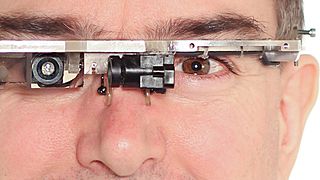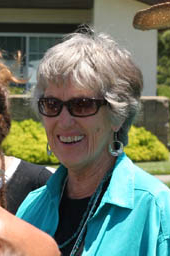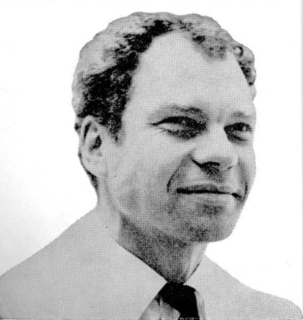A Quote by Ralph Waldo Emerson
We do not want actions, but men; not a chemical drop of water, but rain; the spirit that sheds and showers actions, countless, endless actions.
Related Quotes
It may be a procession of faithful failures that enriches the soil of godly success. Faithful actions are not religious acts. They are not even necessary actions undertaken by people of faith. Faithful actions, whether they are marked by success or they end in failure, are actions that are compelled by goodness.
In actions of enthusiasm, this drawback appears: but in those lower activities, which have no higher aim than to make us more comfortable and more cowardly, in actions of cunning, actions that steal and lie, actions that divorce the speculative from the practical faculty, and put a ban on reason and sentiment, there is nothing else but drawback and negation.
The calamities of tragedy do not simply happen, nor are they sent; they proceed mainly from actions, and those the actions of men.We see a number of human beings placed in certain circumstances; and we see, arising from the co-operation of their characters in these circumstances, certain actions. These actions beget others, and these others beget others again, until this series of inter-connected deeds leads by an apparently inevitable sequence to a catastrophe.






































